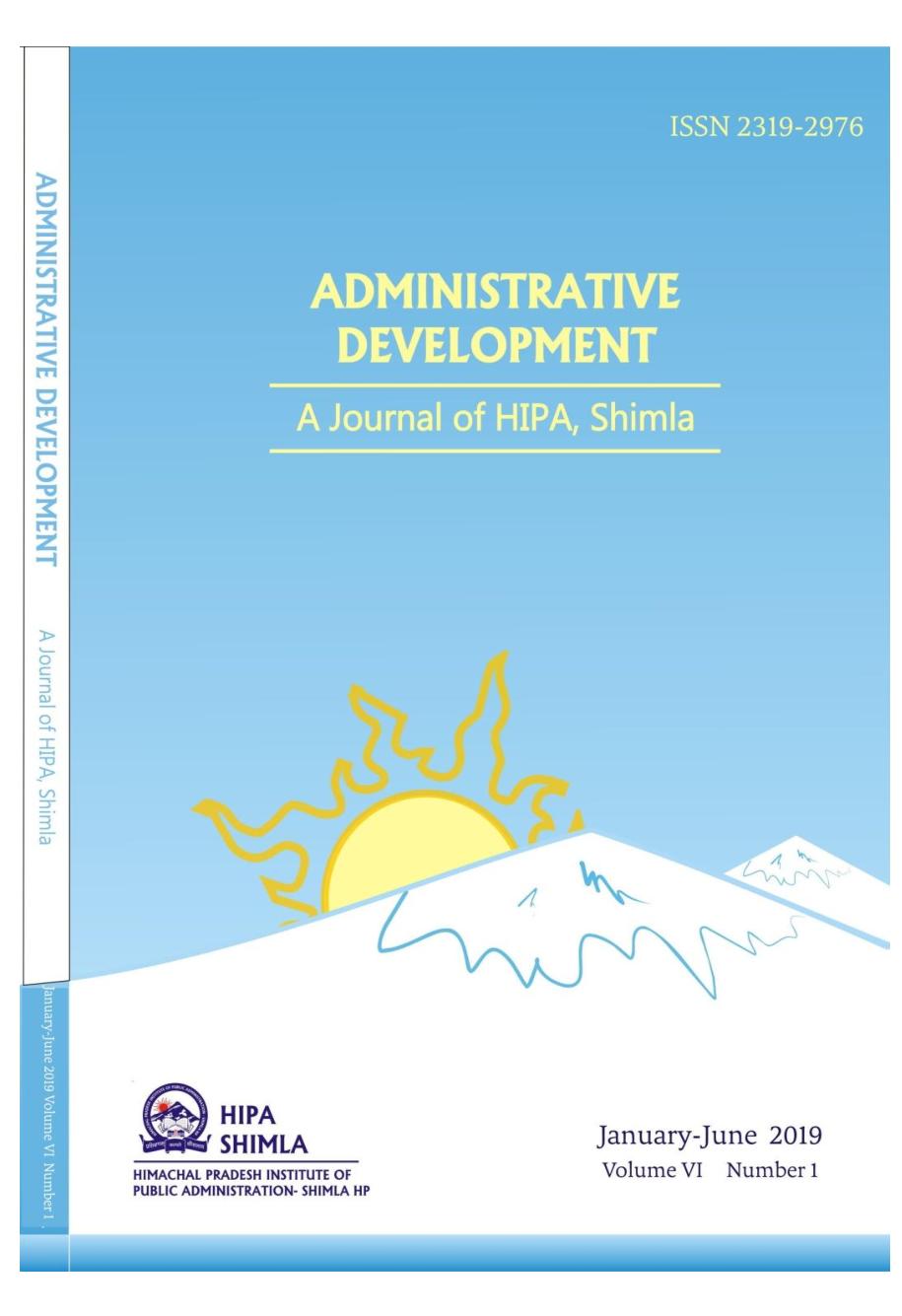AN EFFECTIVE OPPORTUNISTIC NETWORKING ROUTING PROTOCOL FOR THE WESTERN HIMALAYAS
Keywords:
OppNet, Networking, DTN, ONE, HimalayasAbstract
In the field of computer networking, the different computing devices exchange data with each other using connections between nodes, which are devices that originate, route and terminate data. The data links between nodes are established over cable media or wireless media. Opportunistic Networking (OppNet) is one of the most interesting evolutions of MANETs, where mobile nodes are enabled to communicate with each other even if a route connecting them never exists. Typically, the Western Himalayan region has communication challenged remote areas. One of the main challenges in emergency scenarios is the interruption of information flow in the light of either absence or damage to the existing communication infrastructure, to optimise the response and decision making of the concerned authorities. There may be extensive delays or regular disruptions in the connection between network devices. OppNet can be deployed in such situations using mobile devices carried by members of the rescue team and installed sensor devices which form the intermittently connected network which uses opportunistic contacts among nodes to allow bundles of data to jump node-to-node from source towards the destination. A novel energy-aware routing protocol mechanism is hereby proposed with the background of the MaxProp protocol in the field of OppNet, where messages are forwarded based on the node’s remaining battery, delivery predictability and the kind of nodes. The logic is then applied through simulation work over the specific remote geographic area under study - taking example of the Kinnaur region in the Western Himalayas, analysed and compared the performance through results achieved in terms of delivery probability, overhead ratio and average latency among other parameters.

Downloads
Published
How to Cite
Issue
Section
License
Upon acceptance of an article, authors will be asked to complete a 'Journal Publishing Agreement'. An e-mail will be sent to the corresponding author confirming receipt of the manuscript together with a 'Journal Publishing Agreement' form or a link to the online version of this agreement.
Subscribers may reproduce tables of contents or prepare lists of articles including abstracts for internal circulation within their institutions. Permission of the Publisher is required for resale or distribution outside the institution and for all other derivative works, including compilations and translations. If excerpts from other copyrighted works are included, the author(s) must obtain written permission from the copyright owners and credit the source(s) in the article. As a general rule, permission should be sought from the rights holder to reproduce any substantial part of a copyrighted work. This includes any text, illustrations, charts, tables, photographs, or other material from previously published sources.
This journal permits and encourages authors to post items submitted to the journal on personal websites or institutional repositories both prior to and after publication, while providing bibliographic details that credit, if applicable, its publication in this journal.
